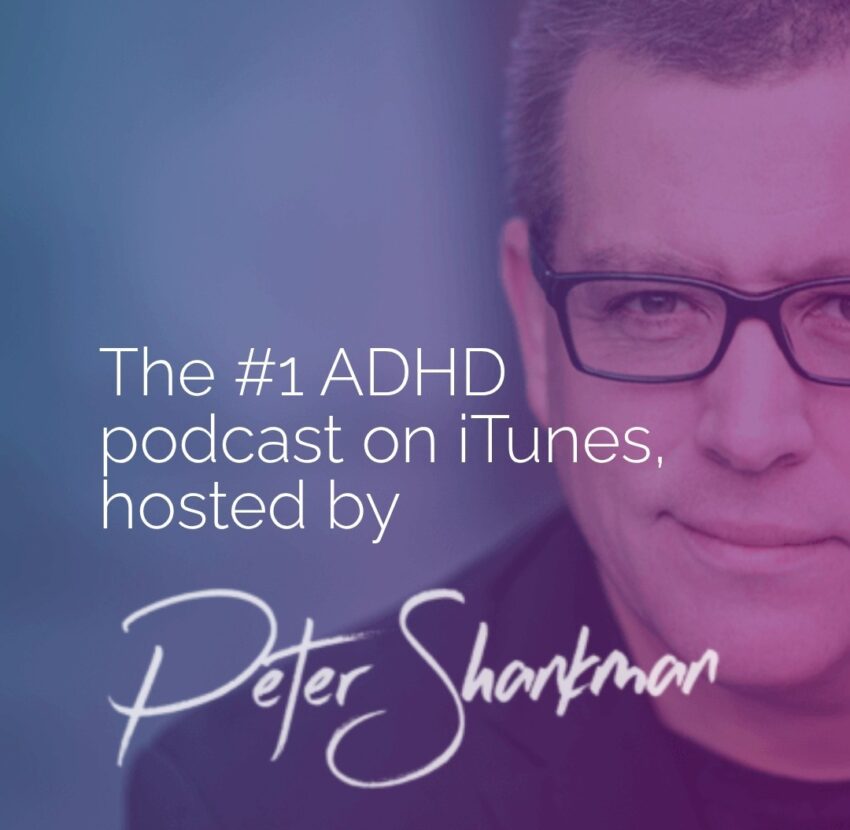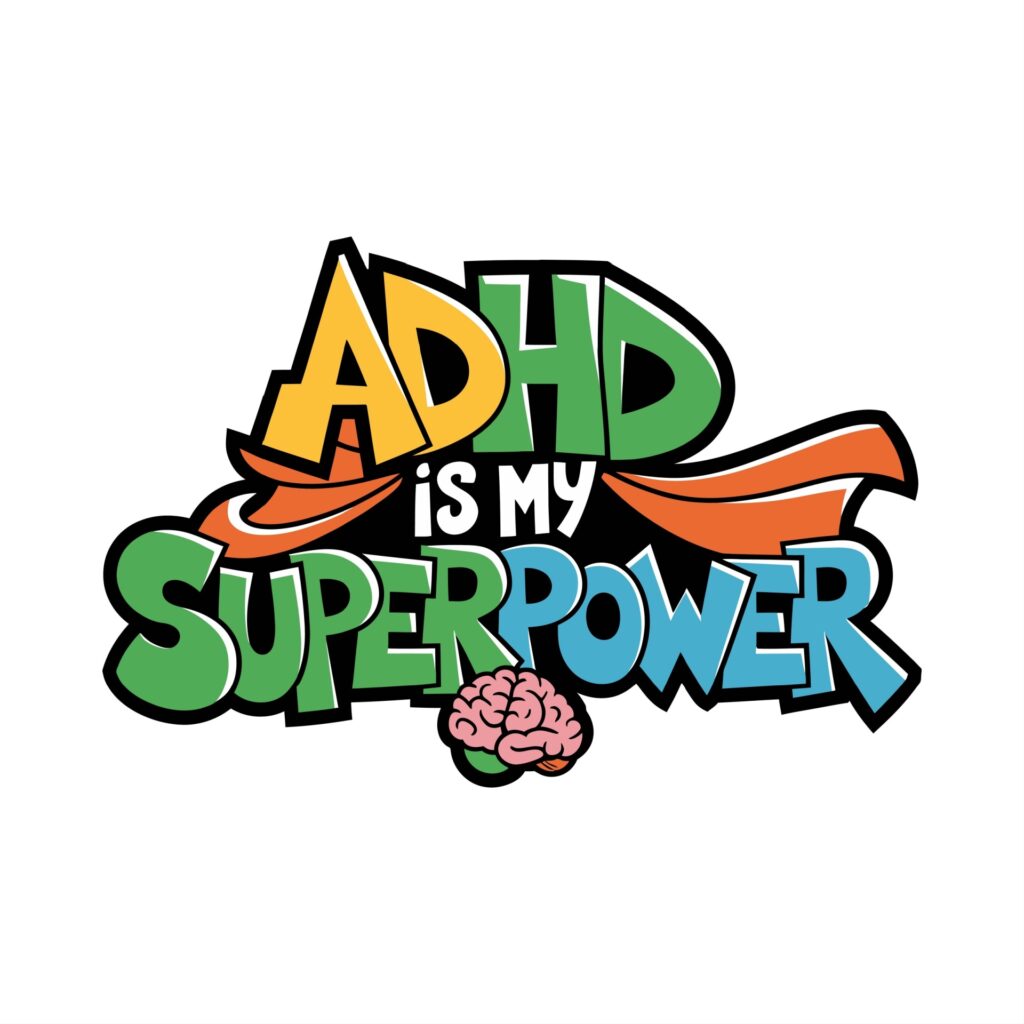We’ve already talked about many of the reasons why ADHD in women often goes undiagnosed. For starters, women are more likely to have inattentive symptoms, which are quieter and easier to miss. Many women also mask their struggles or compensate by overworking or people-pleasing. And to complicate things even further, anxiety and mood disorders are more common in women and often overshadow the underlying ADHD.
But there’s another piece of the puzzle that doesn’t get nearly enough attention: hormones.
Hormones and ADHD: The Missing Link
Throughout a woman’s life, hormonal fluctuations—from puberty to menopause—can affect mood, attention, energy, and emotional regulation. These shifts don’t just make ADHD harder to diagnose; they can actually worsen symptoms or change how they show up.
And here’s the kicker: research is still catching up. ADHD in women is an emerging field, and there’s limited data on how female hormones interact with ADHD. But what we do know is compelling.
Studies suggest that estrogen—a hormone that affects dopamine and serotonin (two key brain chemicals involved in ADHD)—has a big impact on focus, mood, and emotional stability. When estrogen rises, many women feel better. When it drops, ADHD symptoms often get worse.
Let’s look at how this plays out at different stages of life:
Puberty
Girls with ADHD often experience more depression and self-harm during puberty than boys with ADHD. This suggests that pubertal hormone changes can have a major impact on mood regulation and emotional sensitivity in girls with ADHD.
The Menstrual Cycle
Each month, estrogen rises during the first half of the cycle (before ovulation) and then drops off during the second half. These shifts can trigger a rollercoaster of symptoms:
- Early cycle (Days 1–14): Risk of substance use may increase when estrogen is rising.
- Ovulation to late cycle (Days 14–24): Expect more hyperactivity, impulsivity, binge eating, and anxiety.
- Premenstrual (Days 24–28): Many women notice a sharp uptick in depression, irritability and inattention.
Because of these patterns, women with ADHD may:
- Notice that their symptoms worsen in the second half of their cycle
- Respond better to increased ADHD medication doses during this time
- Be more likely to test positive on an ADHD assessment if it’s done in the late-cycle phase
Also worth noting: up to 45% of women with ADHD experience Pre-Menstrual Dysphoric Disorder (PMDD), a severe and impairing form of PMS.
Pregnancy and Postpartum
During pregnancy, estrogen levels rise steadily but after delivery, estrogen drops sharply—and this hormonal crash can contribute to postpartum depression and anxiety.
Women with ADHD are five times more likely to experience postpartum depression than those without ADHD. This makes early support and treatment essential during the transition to motherhood.
Perimenopause and Menopause
As women approach menopause, estrogen levels decline—sometimes dramatically. The result? A resurgence or worsening of:
- Executive dysfunction
- Emotional volatility
- Brain fog
- Decreased response to ADHD medications
Some women report that their usual strategies stop working—and that they feel like they’re starting from scratch. In some cases, hormone replacement therapy (HRT) can help manage symptoms, though more research is needed to fully understand its role in ADHD care.
What Can You Do?
If your ADHD symptoms seem to wax and wane throughout your cycle or life stages, you’re not imagining it. Hormones matter—and being aware of these patterns can help you better manage your mental health.
Working with a psychiatrist who understands the intersection of ADHD and hormonal health can make a huge difference. Whether it’s adjusting medication timing, exploring supportive therapies, or simply validating your experience, the right care can help you feel more in control.
If you’re struggling and suspect hormones may be playing a role, you don’t have to figure it out alone. I’m here to help you connect the dots.
🟣 Want to learn more or explore ADHD treatment options?
Email me at info@njips.com or schedule a consultation via my website, www.njips.com. Let’s talk about what you’re going through. Together, we can create a plan that works with your hormones—not against them.





